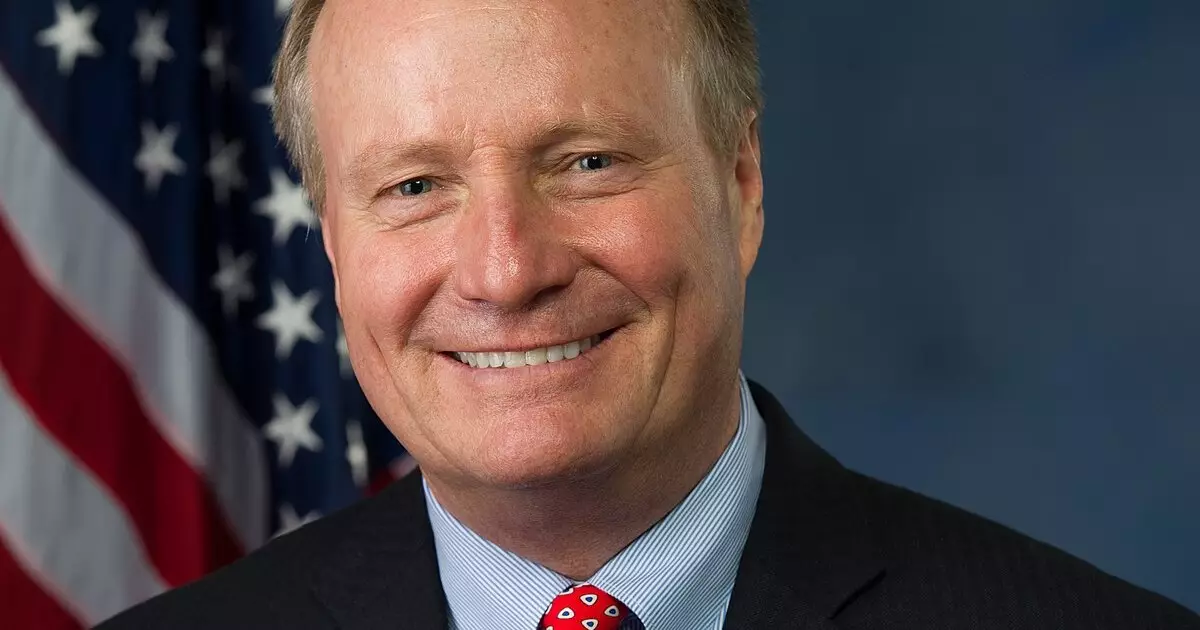As the District of Columbia gears up for significant fiscal changes, its leadership is voicing urgent security concerns while petitioning Congress for a considerable boost in funding. A proposed increase of $142 million brings the budget request to a total of $932 million for the 2025 fiscal year. This plea not only underscores the financial needs of the district but also highlights the intricate relationship between local governance and federal oversight.
Rep. Dave Joyce of Ohio, chairing a recent hearing, has taken a strong stance on the need for heightened emergency preparedness funding—particularly emphasizing the upcoming Presidential Inauguration. With $47 million earmarked for this purpose, the federal government’s role in securing the event has become a focal point. It’s crucial to recognize that anticipating security threats in such high-profile events is not just an issue of fiscal responsibility but also an essential consideration for public safety. The request for additional funding reflects broader implications for district management amid ongoing security concerns.
During the hearing, crucial testimonies came forth from multiple stakeholders including Washington’s Chief Financial Officer (CFO), Mayor Muriel Bowser, and City Council Chairman Phil Mendelson. Each of these figures highlighted the district’s exemplary financial management. Mayor Bowser notably pointed to a track record of balanced budgets and a coveted AAA bond rating, showcasing the district’s sound economic health. This isn’t merely a matter of number-crunching; it emphasizes the city’s competence in fiscal governance.
The intricacies of Washington D.C.’s funding are often marred by its unique status. Unlike states, D.C. primarily relies on federal grants and reimbursement for costs associated with federal activities. This dependency shapes the district’s budgetary constraints and creates a symbiotic—yet tense—relationship with Congress. As Council Chairman Mendelson pointed out, lingering uncertainties from Congress, such as delayed appropriations and threats of government shutdowns, present a risk factor that financial markets are acutely aware of. This risk complicates the district’s ability to borrow money, ultimately impacting its economic stability.
Moreover, the district’s economy grapples with the repercussions of the pandemic’s work-from-home trend. With only 50% office utilization compared to pre-pandemic levels, the landscape of commuter traffic has notably shifted. CFO Glen Lee’s observation that 100,000 to 250,000 fewer daily commuters affect economic health illustrates how significant shifts in work behavior can ripple throughout the urban environment. The reduction in foot traffic not only impacts local businesses but also diminishes the city’s revenue streams, further complicating financial planning.
As Washington D.C. navigates these turbulent economic waters, it faces the added challenge of federal meddling in local governance. History shows Congress’s propensity to attach contentious provisions to budgetary requests, creating friction and sometimes stalling critical funding processes. Such actions reinforce the sentiment expressed by Rep. Steny Hoyer—that Washingtonians ought to govern themselves without excessive interference from distant lawmakers. There exists a palpable tension between federal oversight and local autonomy, raising the question: How can a balance be struck that allows D.C. leaders to effectively govern while securing necessary support?
Ultimately, the current situation facing the District of Columbia draws attention to the need for collaborative and proactive approaches to budgeting and governance. With pressing security concerns, shifting economic paradigms, and a delicate balance of federal-local relationships at play, leaders in D.C. are not just asking for funds; they are advocating for a system that fosters local resilience and autonomy amidst overarching federal oversight. Moving forward, a robust dialogue between local and federal authorities will be essential to create sustainable financial strategies that prioritize both security and the community’s needs.

